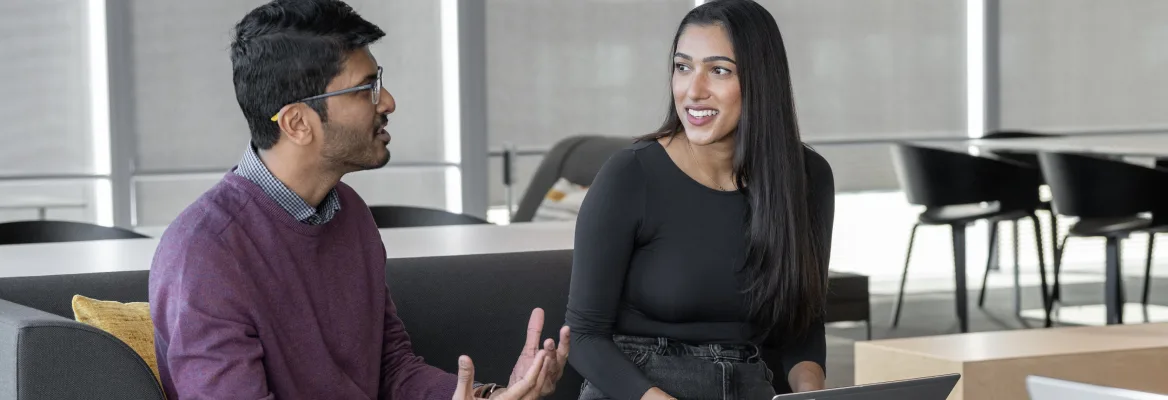Taking the Sting Out of Feedback
Culture · Jul 10, 2023
Does the idea of getting feedback make you bristle, even if you’ve heard the saying, "feedback is a gift"? Early in my content career I heard this advice, and I used to repeat it like a mantra.
It’s well-intentioned, and we all need a compass to tell if we’re going in the right direction. And learning from how your stakeholders, customers, and teammates find your work and communication is critical to doing good work in content, design, and most every field. But that doesn’t mean asking for feedback is easy, or the best way to achieve those goals.
How not to ask for feedback
To be honest, for a long time seeking feedback still felt scary, like opening up a beehive to check on the bees (and I used to be a hobby beekeeper, so I would know!).
So what did I do when I was new? At first I would only share work when it was 99% done, and felt it needed minimal polishing. But it’s risky to only share your work when you are only trying to hear good things about it.

You would never know if you’re getting stuck or going off track until it’s too late. So I learned to seek feedback earlier, and that helped.
How to open the beehive calmly
Seeking feedback earlier was great, but I still wanted to take out the initial sting that such a "gift" could still leave - like how a beekeeper has a smoker and a hat at the ready. So I made a small shift early last year that made a big difference. And all it took was one simple word-swap.
I started changing every instance of "feedback" in my vocabulary for the word "input". When I ask someone what they think of my work, that's what I ask them for. When someone asks me what I think of theirs, I give them my "input".
Why it worked for me?
Feedback: Can feel like you have to “suck it up and take it”, or you were going to have a problem if you disagreed. Feedback-givers can also contradict each other, which can leave you unsure of what to do.
Input: You take the input when it helps you, or leave it. Feels like you're inviting the person to be your partner, if only for a moment. They become someone who gets to contribute something and help make you a success. Input is improv theatre's "Yes, and..." of the working world.
What’s different?
Now that I ask for input, I get more useful information from all the stakeholders I work with, and it allows me to share work-in-progress in peace, without fear of being stung. And it makes the honey we harvest together as a team even sweeter.
If you struggle with sharing your work or hearing what others think of it, maybe changing your mindset or vocabulary (in other words, reframing) will help you too. It's a journey we all have to go on, so I hope this makes yours a little easier. And if you have any input on the ideas or bee puns in this article, I’d be happy to hear it.



